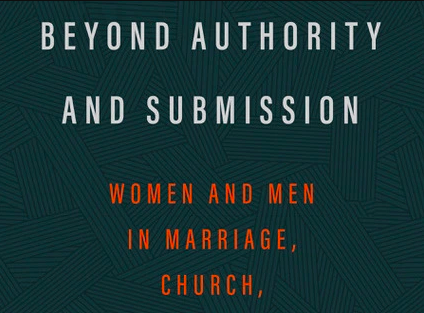Karl Giberson and Randall Stephens have penned an excoriating editorial in the New York Times on Red-State evangelical fundamentalism. This is no surprise as Giberson, in particular, and Stephens, authors of The Anointed: Evangelical Truth in a Secular Age, have reigned over a cottage industry of articles bemoaning evangelical culture and anti-intellectualism.
Login to read more
Sign in or create a free account to access Subscriber-only content.
Topics:
